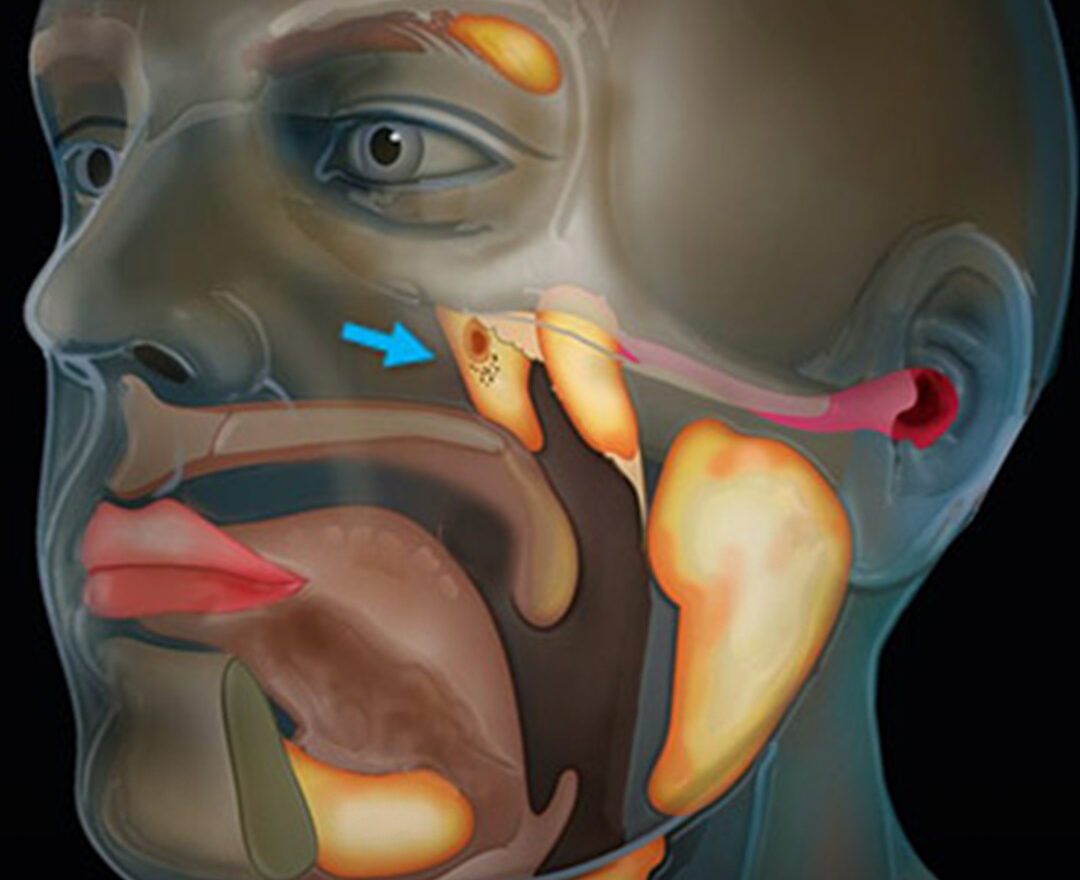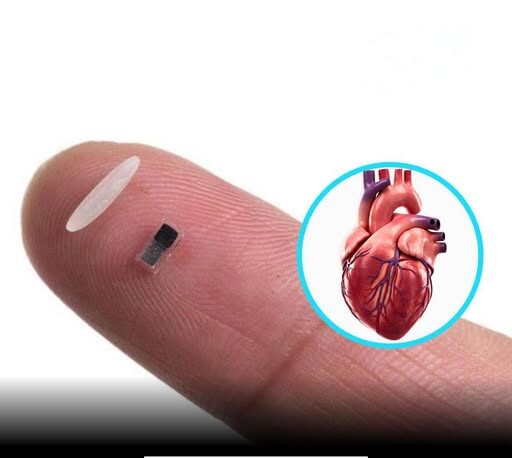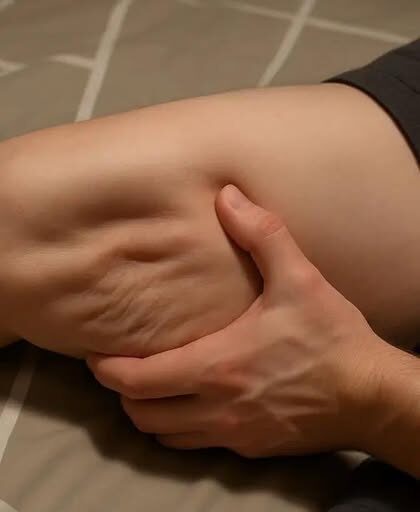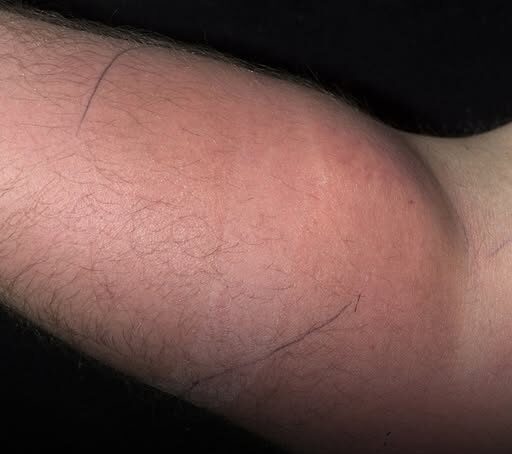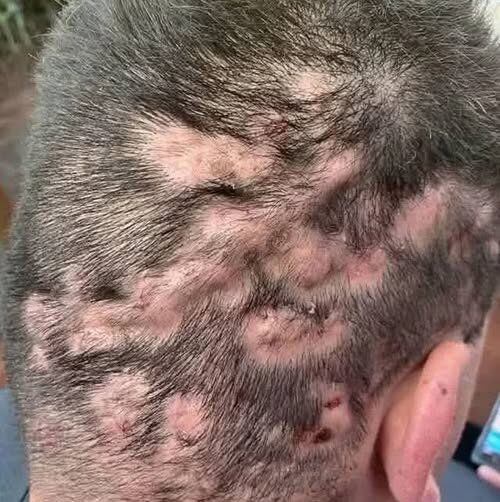Scientists accidentally discovered a new organ in the human body
Apparently, there’s a new organ in the human body we never knew about before.
The capabilities of the human body never cease to amaze, though you’d assume by now in the 21st century that we’d know all about it.
Well, that theory has been rumbled after a team of scientists shockingly stumbled across an organ that had never been seen before entirely by mistake – and they even had the opportunity to christen it with its new name.
The researchers from the Netherlands Cancer Institute were examining prostate cancer in September 2020 when they made the eureka discovery, though the organ sits nowhere near the prostate, in fact, it’s right at the other end.
The surprise organ has been hiding out under our noses this entire time, or more specifically, right behind it – and it serves a pretty vital function.
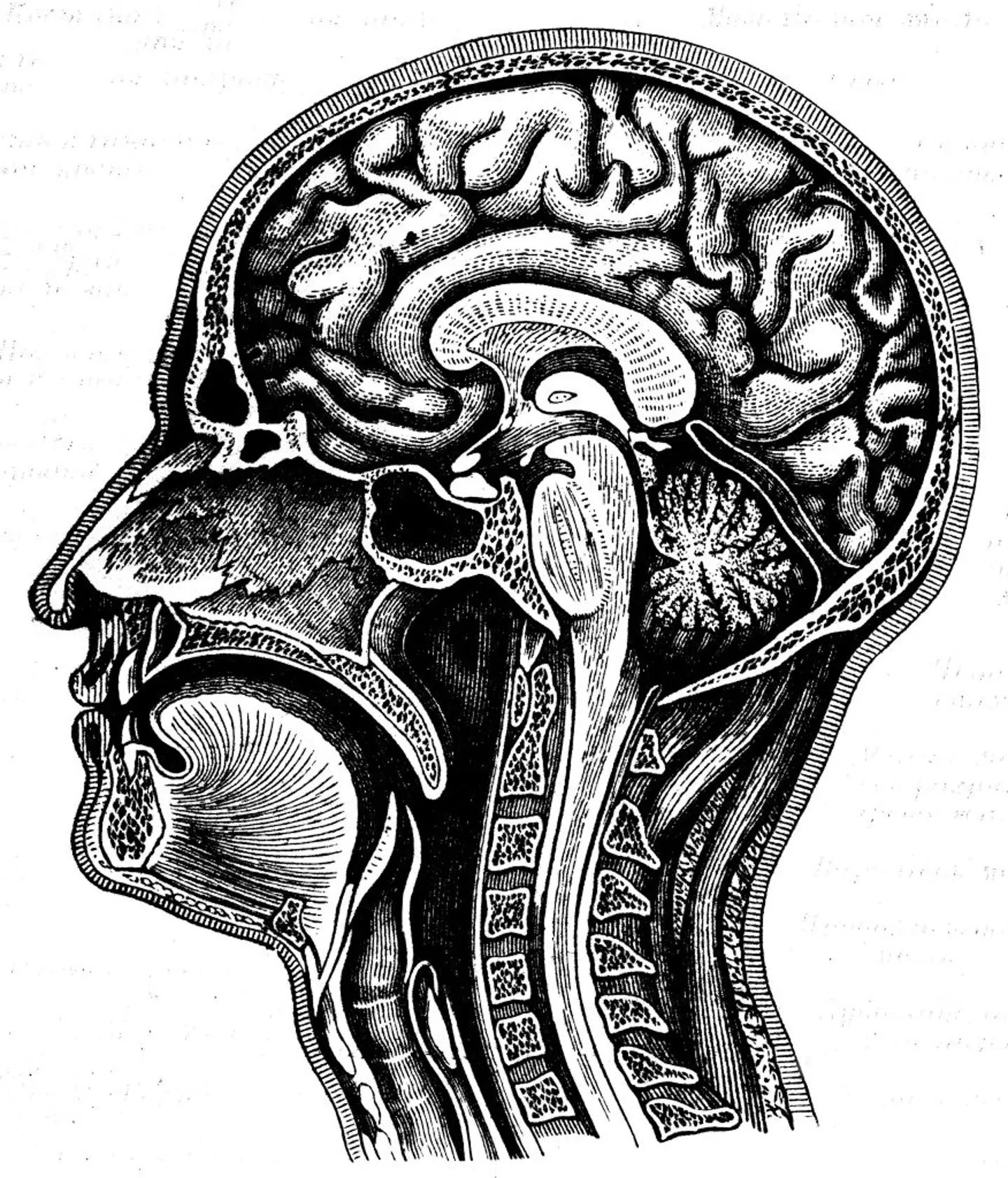
It went undetected for centuries (Igor Golovniov/Universal Images Group via Getty Images)
Its discovery could help to explain why cancer patients who receive radiotherapy treatment can suffer from dry mouth and swallowing issues as the previously undiscovered part sits inside our head, just beneath the face.
In case you’re wondering how a team of scientists examining prostate cancer ended up locating a new organ in the head, it all came to light when they were conducting scans.
While studying the cancer, they carried out CT and PET scans on patients that had been injected with radioactive glucose, in theory making tumors show up by glowing on the scans.
While carrying out the scans, the team noticed two areas within the heads of the patients were glowing more than they anticipated – and eventually pieced together that there was a secret set of salivary glands tucked up in there.
The team decided to give it a fitting name, the tubarial salivary glands, since it is found behind the nose and in the space where the nasal cavity joins the throat.
As for what it does, the glands ‘lubricate and moisten the area of the throat behind the nose and mouth’.
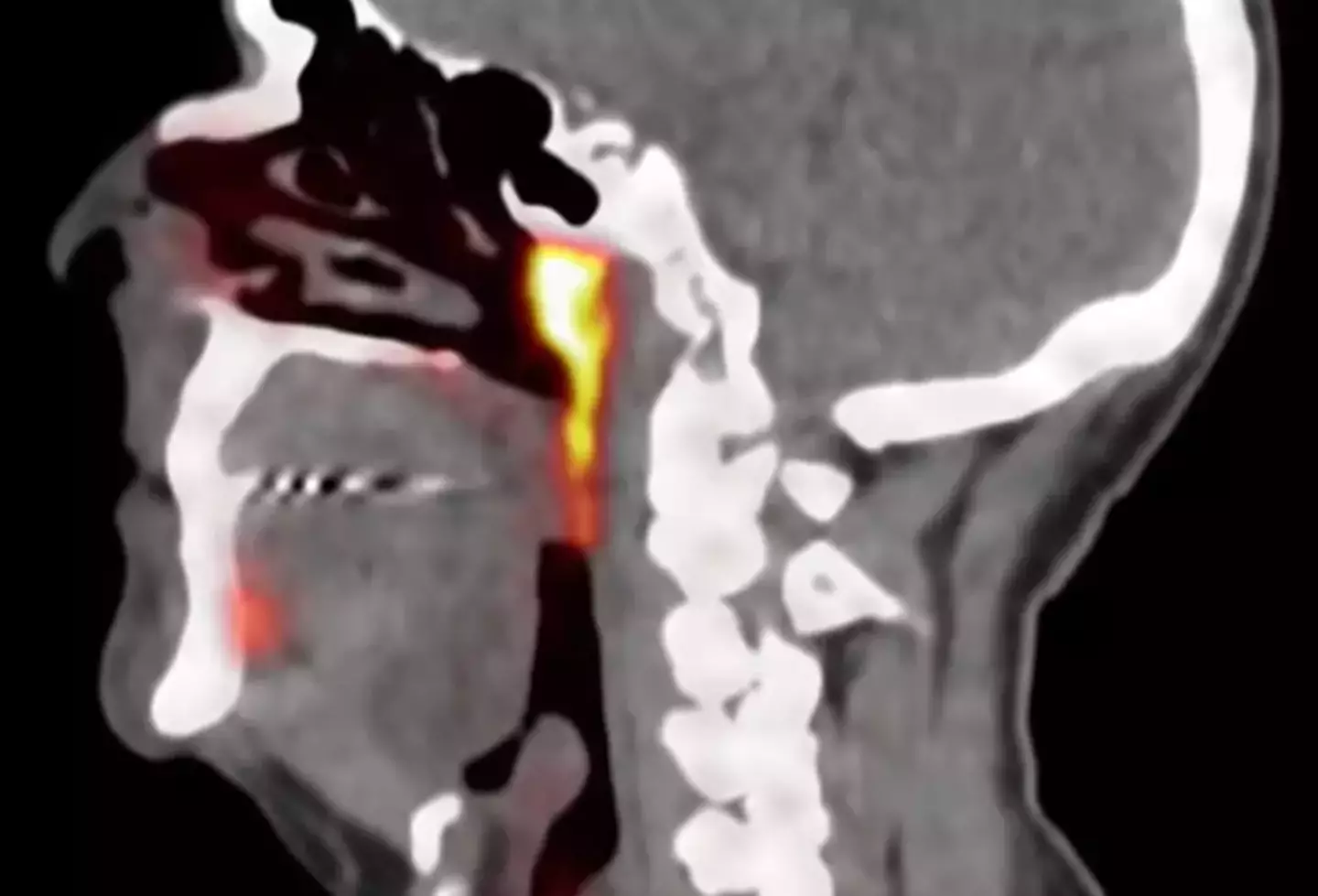
It was discovered through ‘sensitive’ scans (YouTube/Antoni Van Leeuwenhoek)
While the scientists were shocked the glands had gone on existing undetected for decades, Dr Wouter Vogel, radiation oncologist at the Netherlands Cancer Institute, explained it’s probably because the glands are so tiny.
The doc said they were only discovered due to ‘very sensitive imaging’ and are ‘not very accessible’.
He said: “People have three sets of large salivary glands, but not there.
“As far as we knew, the only salivary or mucous glands in the nasopharynx are microscopically small, and up to 1,000 are evenly spread out throughout the mucosa. So, imagine our surprise when we found these.”
Alarmingly, Dr Vogel said a ‘single misdirected zap’ in medical treatments could permanently damage the organ, though ‘nobody ever tried to spare them’ before, which makes sense since no one knew they were there.
They now hope the discovery will alleviate some of the side effects that come with cancer treatments and radiotherapy, as the scientists believe the treatment could be putting uncomfortable pressure on the tubarial salivary glands.
Now that it’s known, they say the ‘next step’ comes down to figuring out how to preserve the organ during treatment.
Featured Image Credit: Netherlands Cancer Institute
Topics: Science, Health, World News, Netherlands, Cancer
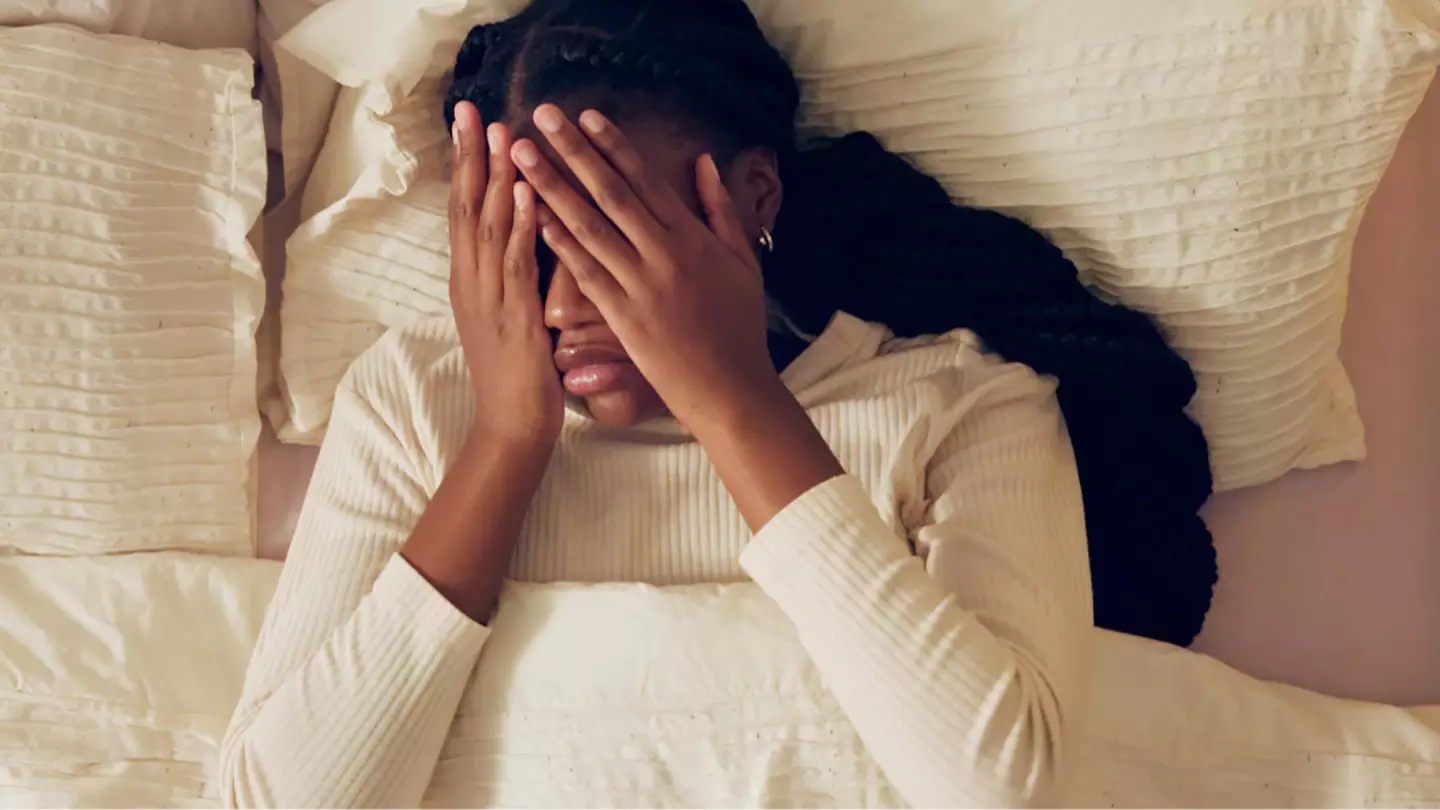
Getting a good night’s rest is pretty important but not all of us manage it and scientists have revealed what this does to your body.
Sleeping poorly every now and again isn’t so big a deal but extended periods of poor and or short rest periods can have negative impacts on the body.
Speaking to the Metro, Dr Sue Peacock, a consultant health psychologist and sleep expert highlighted one of the issues that getting 6 hours or less can have.
So, if you regularly get little sleep and are getting used to going through your day as a zombie, it might be worth going to bed a bit early and trying to get some more z’s in.
Immune System
Our immune systems are capable of fighting off a whole lot, and regularly do, but not getting enough sleep can make this more difficult.
Peacock said: “Research shows that there is a complex link between sleep-wake cycles and our immune systems.

Getting minimal sleep is not great for your health (Maria Korneeva/ Getty)
“While you sleep, your immune system produces protective, infection-fighting substances such as cytokines. It uses these substances to combat foreign invaders such as bacteria and viruses.
“These cytokines also help you sleep, giving your immune system more energy to defend your body against illness.”
She clarified that if you are not getting enough sleep you aren’t producing enough cytokines and this can lower the bodies to infection.
She added: “It increases our vulnerability to disease, and it may take you longer to recover from illness.”
In addition to this, according to research at the French National Institute, a study from 2023 found that less than six hours of sleep reduces our immune response to vaccinations.
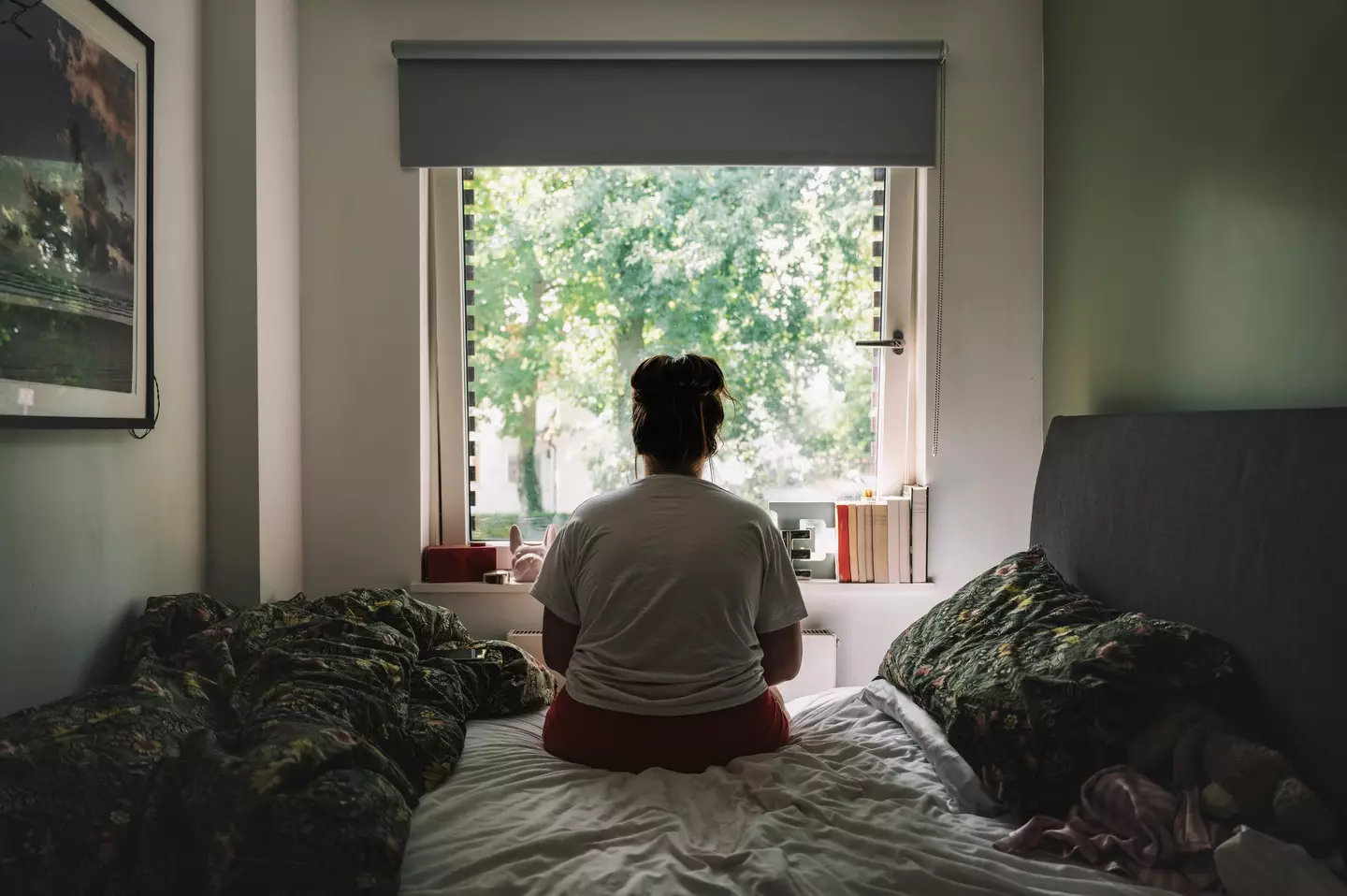
Getting less than six hours sleep can cause anxiety among other things (Justin Paget / Getty)
Immune response to vaccinations
They reanalysed the results of seven studies that compared antibody responses of individuals who slept for seven to nine hours per night, vs those who slept for less than six.
They concluded that men who had less than six hours saw a reduction in the immune response to vaccinations. In women, the effect was more variable and noted that fluctuating hormones played a part.
Anxiety
Dr Peacock added that there can be a vicious cycle between sleep and anxiety.
She noted that a lack of sleep can cause anxiety and anxiety can also cause a lack of sleep.
She continued: “Unfortunately, one can exacerbate the other. Anxiety can have a negative effect on your body’s ability to fall asleep, as your brain is in “fight or flight” mode, thinking of all the potential outcomes for whatever is causing the anxiety.
“Furthermore, anticipatory anxiety and specific anxiety about sleep can lead to sleep disturbance and insomnia, which then creates a feedback loop that can make both conditions worsen.
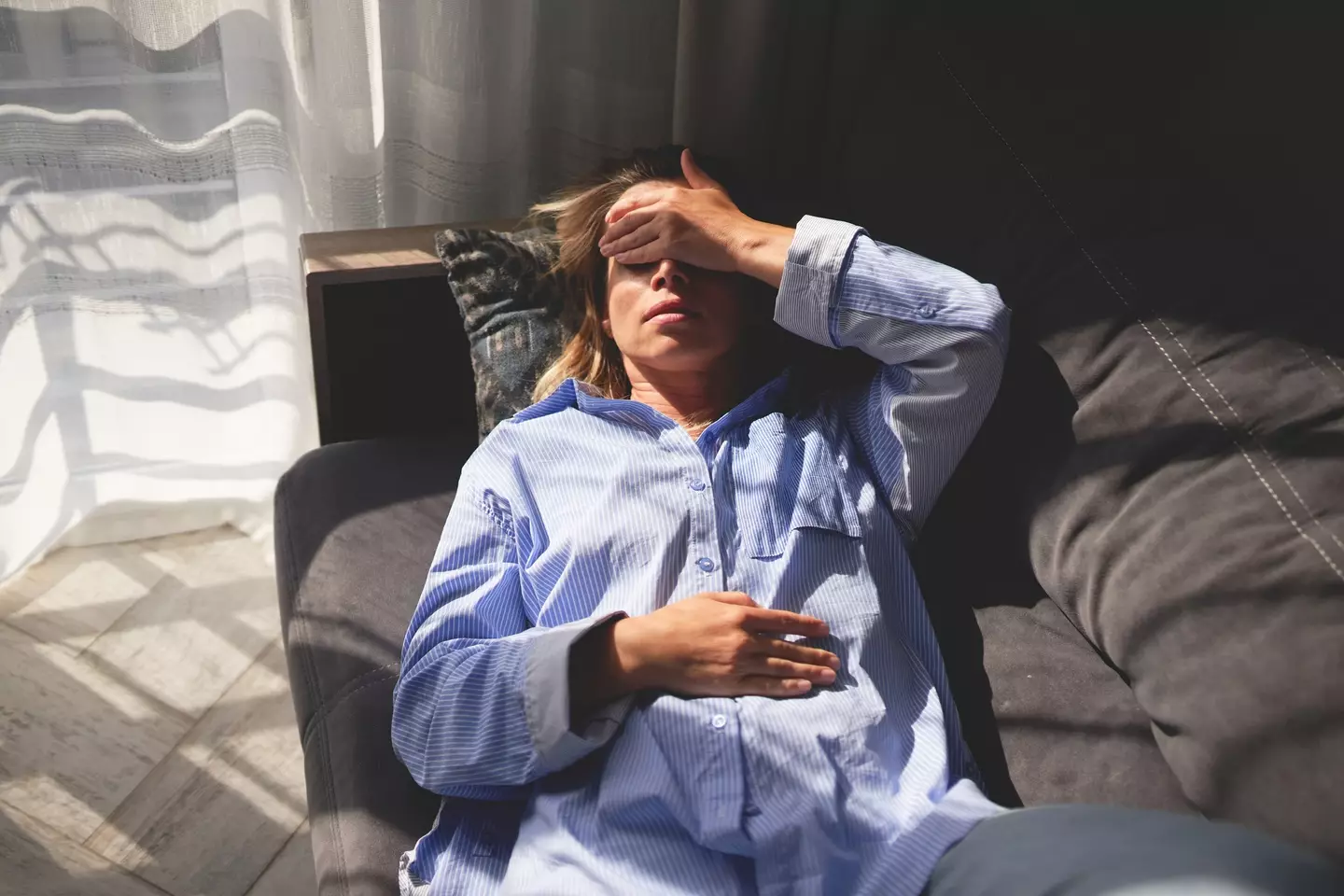
Menstrual irregularities can also be an issue (Ekaterina Goncharova / Getty Stock)
“It can cause us to have a reduced capacity for remaining positive when faced with emotionally challenging events,’ says Dr Sue. ‘You might also feel less able to enjoy positive experiences.”
Menstrual Irregularities
According to Dr Katharina Lederle, a sleep and body clock specialist, short amounts of sleep can also cause menstrual irregularities.
She said: “The level of thyroid-stimulating hormone (TSH) increases during sleep deprivation, and in healthy young women in their follicular phase, is associated with a significant increase in TSH level.
“High levels of TSH causes menstrual irregularities, anovulation (when an egg isn’t released), amenorrhea (when you don’t get periods) and recurrent miscarriages.”
As well as these issues, the lack of sleep can also result in weight gain and a loss of productivity, so it might be worth hitting the hay a little earlier this week.
Featured Image Credit: Getty Stock Image

Eating breakfast is a great way to start the day but a recent study has found there may be a link between the time you have your first meal and dying earlier.
Now, before you start panicking, eating breakfast at 11:59 a.m or later doesn’t mean your days are numbered, the same way that having it at 4 a.m. doesn’t guarantee you’ll live forever.
But with that said, a study looking at adults eating habits and their overall health over decades has revealed curious data.
The long-term study was conducted by an international team of researchers, according to a science alert report, and highlighted the link between eating breakfast later in the day and a greater chance of an early death among elderly people,
So if you enjoy a late bowl of cereal, no need to worry.

The study found people eat breakfast later as they age (Getty Stock Image)
The data was from just under 3,000 adults who were living in Newcastle and Manchester in the UK and were collected between 1983 and 2017.
The participants were aged between 42 and 94 when they signed up, and information was collected through optional questionnaires on their health, lifestyle, and eating habits. It found that those involved in the study tended to eat breakfast and dinner later in the day as they aged. These later eating times were then linked to poorer physical and mental health.
The researchers found a significant link between eating breakfast later and a higher mortality risk, in regard to dying for any reason. In simple terms, for each hour later that breakfast was taken, the chance of dying during the study period went up 8-11 percent.
Nutrition scientist Hassasn Dashti, from Harvard Medical School, was involved in the study and commented on the findings.
He said: “Our research suggests that changes in when older adults eat, especially the timing of breakfast, could serve as an easy-to-monitor marker of their overall health status.”
It is important to reiterate, that while there is a link, it is not necessarily cause and effect, despite there being truth to the fact that our bodies react differently depending on when we eat.

The reason for eating later can be tied to physical and mental health difficulties according to the researchers(Getty Stock Image)
The researchers suggested the relationship is likely driven by the fact that as people get older a greater number of health problems increase in frequency and severity. As this happens, it can lead to simple things like trouble leading, difficulty getting up and a loss of appetite.
On the mental side of things, tasks like making breakfast can take longer and be more taxing.
Dashti added: “Up until now, we had a limited insight into how the timing of meals evolves later in life and how this shift relates to overall health and longevity
“Our findings help fill that gap by showing that later meal timing, especially delayed breakfast, is tied to both health challenges and increased mortality risk in older adults.”
Featured Image Credit: Getty Images
Topics: News, Science, World News, Health
.webp)
You’d assume by now that we know our bodies pretty well and that, in the world of science, we’d know everything about our biology.
But apparently not. Even in the bodies we live in every single day there’s still more to discover.
And not just a little spot either, I’m talking discovering a whole new organ.
That’s exactly what a team of researchers from the Netherlands did when they figured out we had a whole other organ back in September 2020, and they discovered it entirely by accident while studying prostate cancer.
It turns out this hidden organ was right under our noses this whole time, or more accurately, just behind it.
That’s right, it is actually located inside our own head, just beneath the face.
At this point, you may be wondering how a team studying prostate cancer ends up discovering an organ in the human head, considering those are two different ends of the body.
It all went down after the scientists studying the cancer conducted a series of CT and PET scans on patients injected with radioactive glucose that makes tumours glow on the scans.
The team at the Netherlands Cancer Institute realised that two areas within the heads of the patients were lighting up an awful lot and figured out that a set of salivary glands were tucked away in there.
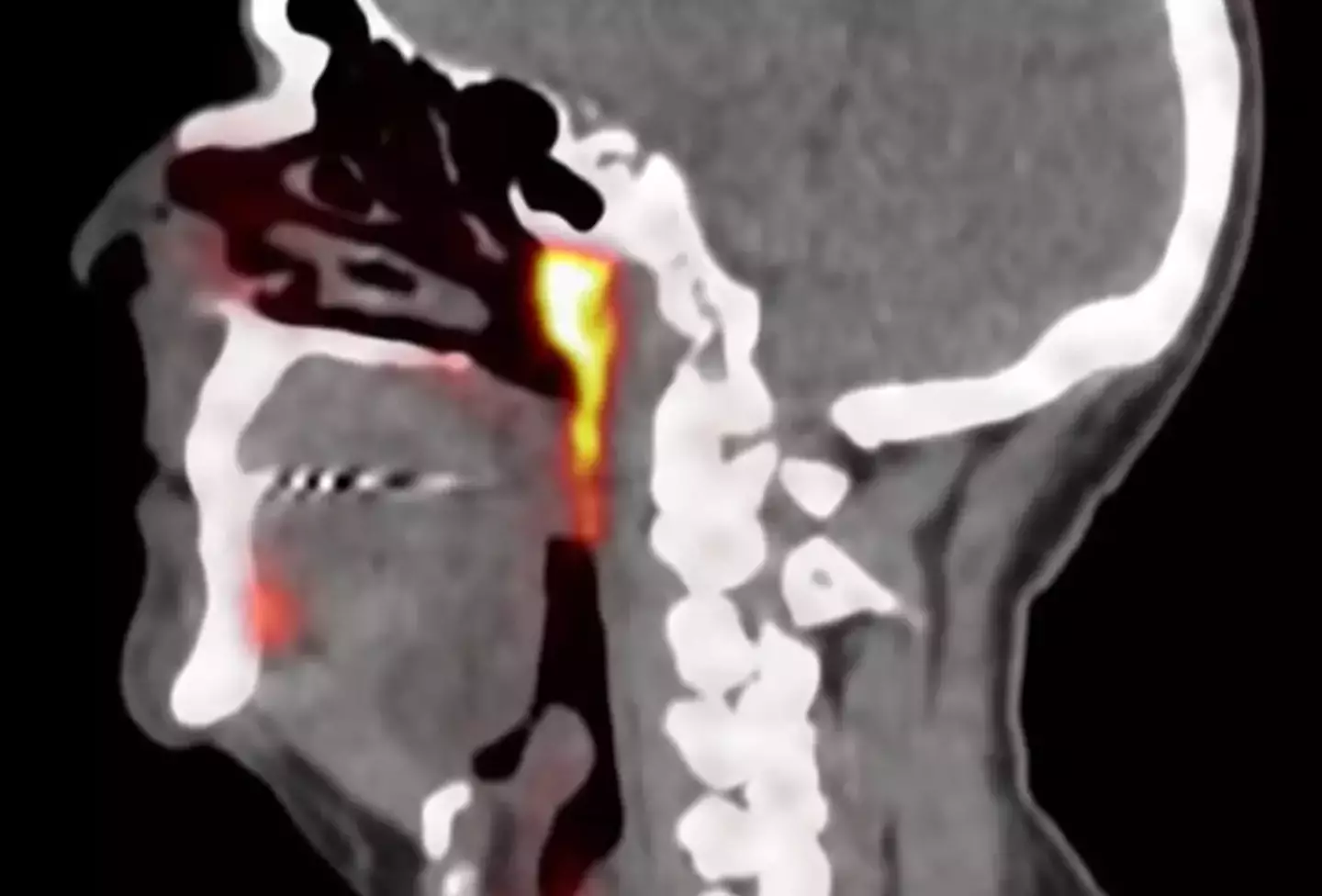
YouTube/Antoni Van Leeuwenhoek
The discoverers named the organ the tubarial salivary glands, and to be precise about their location, they can be found behind the nose; in the nook where the nasal cavity meets the throat.
As for what this accidentally discovered organ does, they’re supposed to ‘lubricate and moisten the area of the throat behind the nose and mouth’.
The discovery of the glands came as a shock to the scientists, leaving the experts confounded as to how they were somehow able to remain undetected for so long.
Dr Wouter Vogel, radiation oncologist at the Netherlands Cancer Institute, said the most likely reasons they have stayed hidden this long are because it takes ‘very sensitive imaging’ to spot them and they’re ‘not very accessible’.
He said: “People have three sets of large salivary glands, but not there.
“As far as we knew, the only salivary or mucous glands in the nasopharynx are microscopically small, and up to 1,000 are evenly spread out throughout the mucosa. So, imagine our surprise when we found these.”
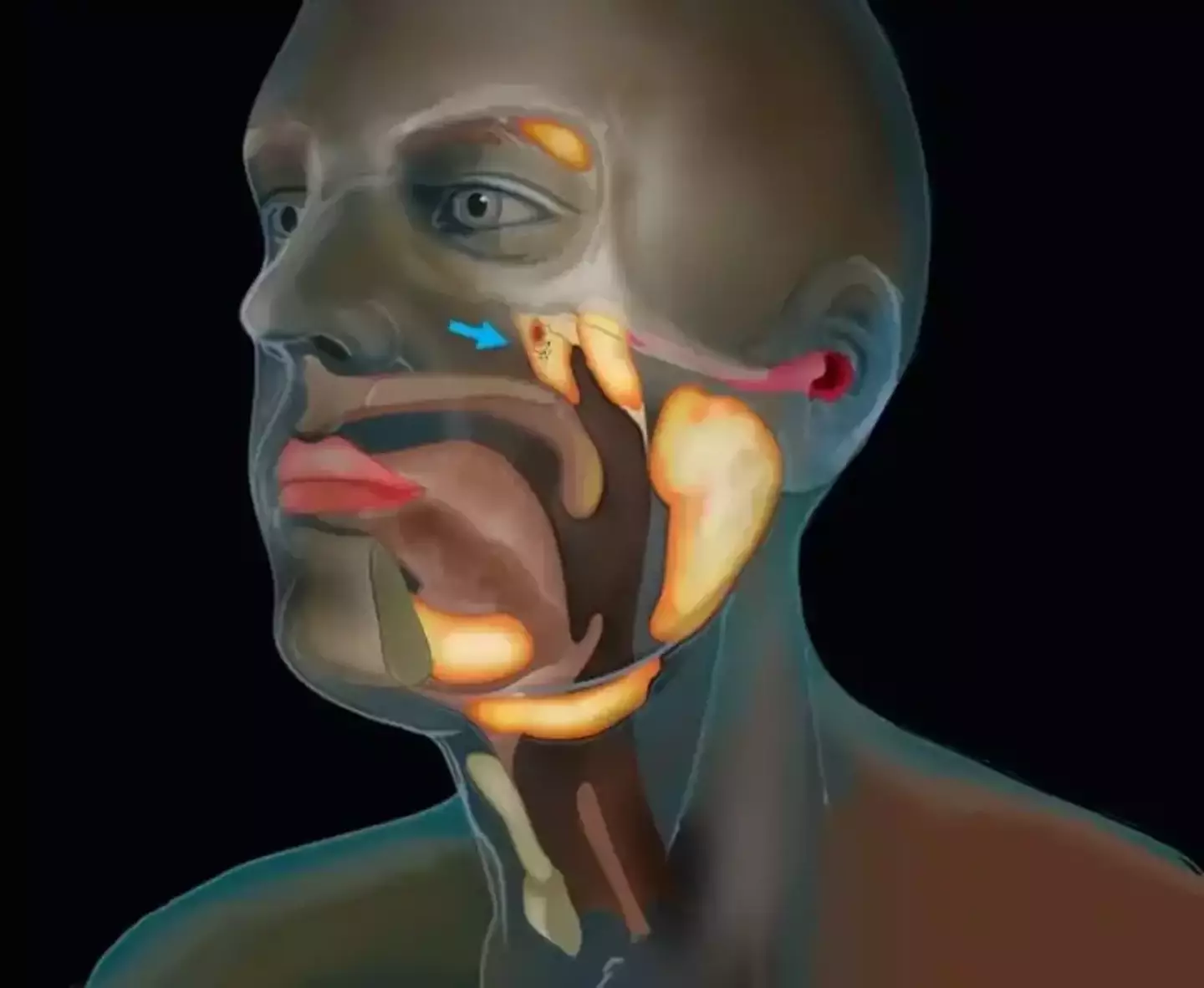
Netherlands Cancer Institute
Discovering this organ could help explain why people who are given radiotherapy treatment tend to suffer from a dry mouth and problems with swallowing afterwards.
Dr Vogel said a ‘single misdirected zap’ could permanently damage the organ, and not knowing they existed meant that ‘nobody ever tried to spare them’ before.
Although the discovery was accidental, scientists hope in time their findings will help cancer patients experience less complications after receiving radiotherapy, as they believe many complications surrounding the treatment are connected to the tubarial salivary glands.
Now they know about this organ, the ‘next step’ is figuring out how not to damage them during radiotherapy treatment.
If the experts can crack that one, it could result in a significant boost in the quality of life of people who require radiotherapy.
Featured Image Credit: Patrick J. Lynch, medical illustrator/Netherlands Cancer Institute
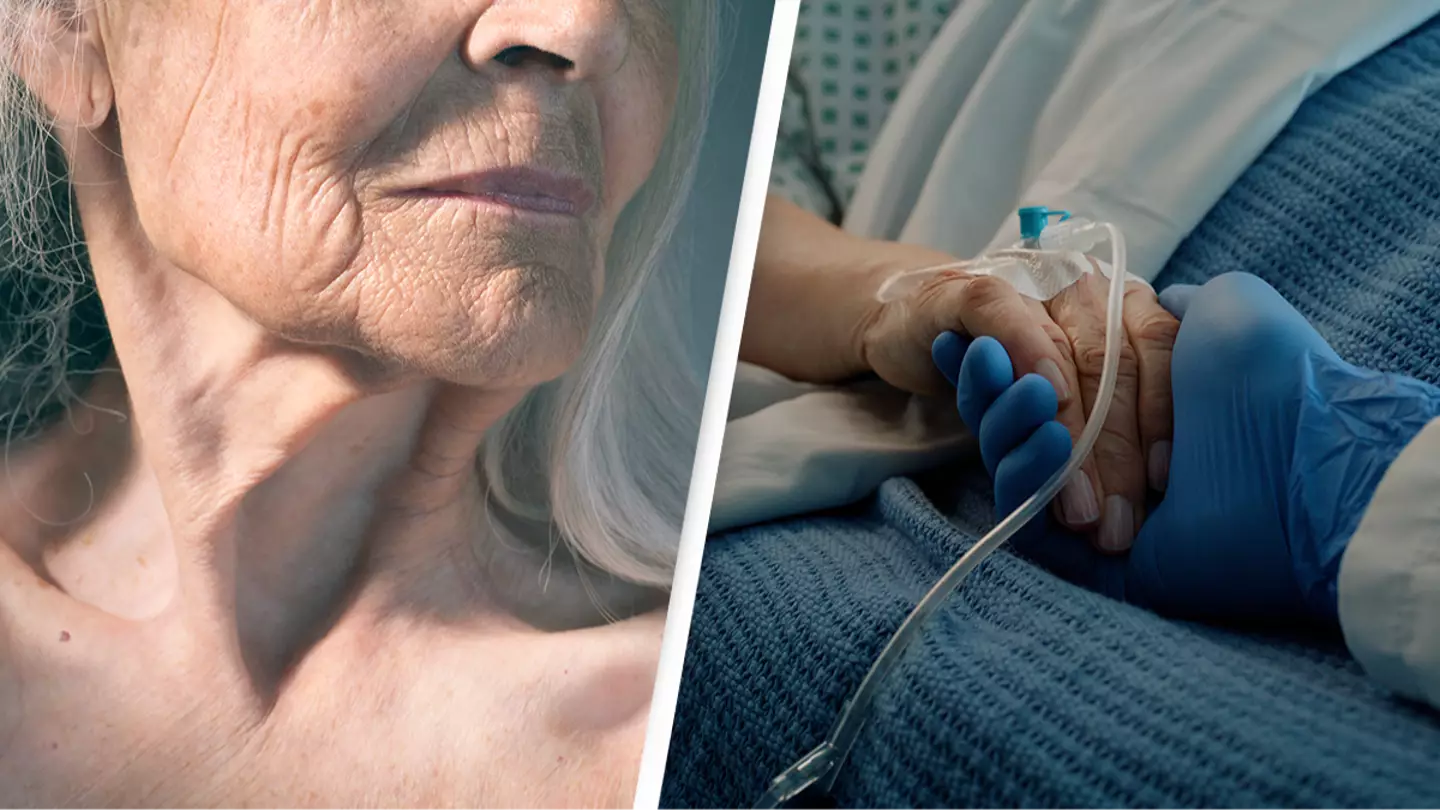
No one knows how long they’re going to live for, but scientists believe they’ve figured out the upper limits to how old humans can actually get.
I can practically hear biohacker Bryan Johnson, whose unusual approaches to health have ‘reversed’ his biological age, coming up with his plan to prove them wrong…
The figures were presented by statisticians at Tilburg and Rotterdam’s Erasmus universities, who determined the ‘maximum’ age humans can live to through a study of 75,000 deceased people.
The researchers looked at the age at which the subjects died in the 30 years up to 2017, with the hope of figuring out how long a single individual could live if they looked after themselves, and didn’t die due to an illness or some other circumstance.
Looking at the data, the researchers were able to determine that a person’s maximum lifespan plateaus in their nineties.
However, since many of us likely know someone who has made it to their 100th birthday or beyond, it’s clear that life doesn’t necessarily end there.

Research has found people can live into their 100s (Getty Stock Image)
Instead, the researchers suggested that the maximum age a human is likely to live to is 115.
Women also fare slightly better than men when it comes to longevity, as the research revealed that the maximum lifespan for a female tops out at 115.7 years, while men were estimated to reach a maximum age of 114.1 years.
Professor John Einmahl, one of three scientists conducting the study, discussed the revelation in an interview with AFP, saying: “On average, people live longer, but the very oldest among us have not gotten older over the last thirty years.
“There is certainly some kind of a wall here. Of course the average life expectancy has increased. Nevertheless, the maximum ceiling itself hasn’t changed.”
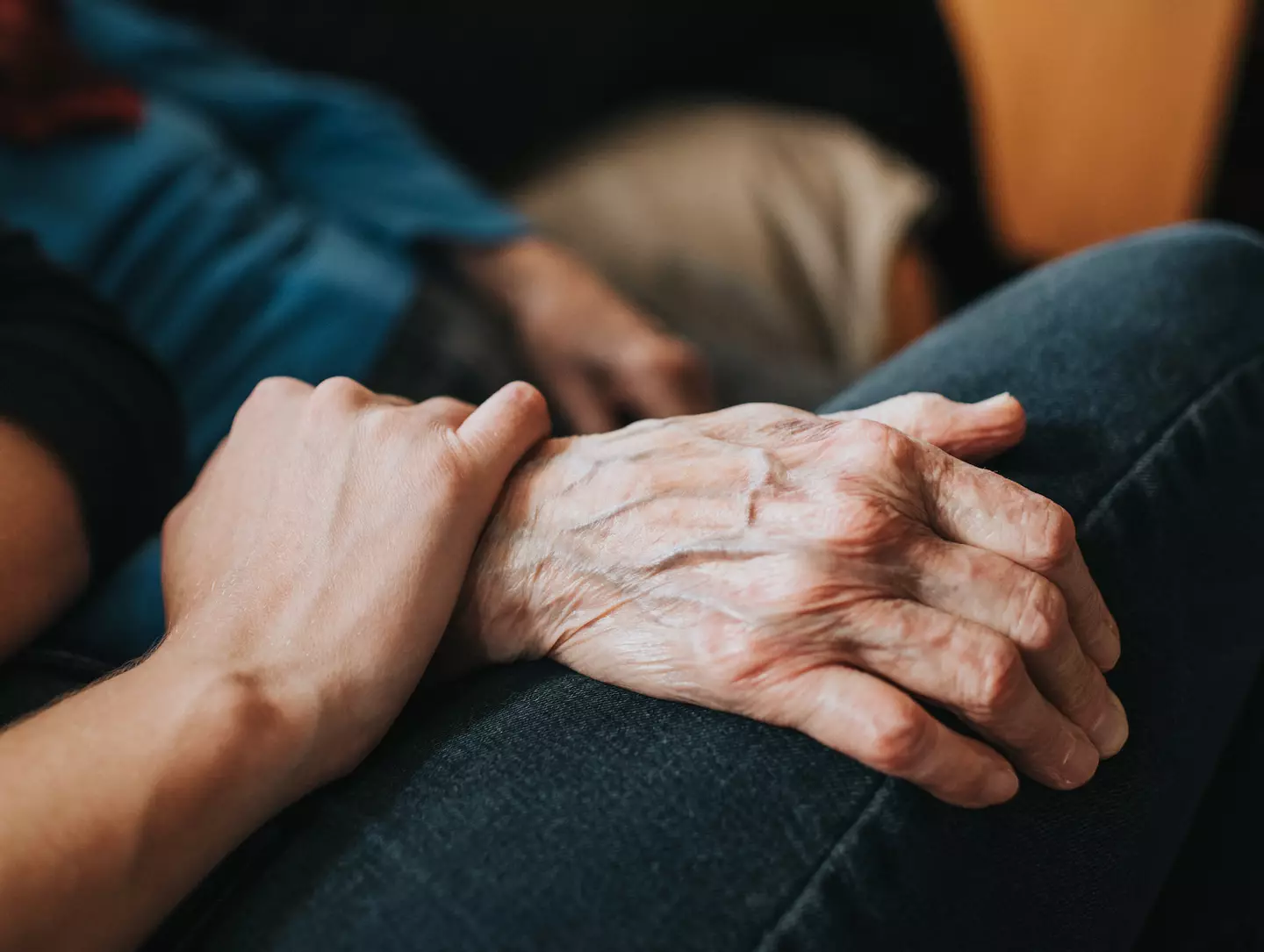
The oldest living person is 116 (Getty Stock Image)
While the research found that it is unlikely a human will live beyond 115, Einmahl admitted there are instances of people bending the norm and living beyond these suggested maximum lifespans.
The oldest man ever verified by the Guinness World Records (GWR) was a Japanese man named Jiroemon Kimura, who lived to be 116 years old.
And early last year, French nun Sister André passed away at the grand old age of 118.
In September 2024, Guinness World Records awarded Japan resident Tomiko Itooka as the current oldest living person.
Born in May 1908, Itooka is now more than 116 years old, and she received her official GWR certificate on the Respect for the Aged Day; a Japanese public holiday created to honor the country’s elderly citizens.
